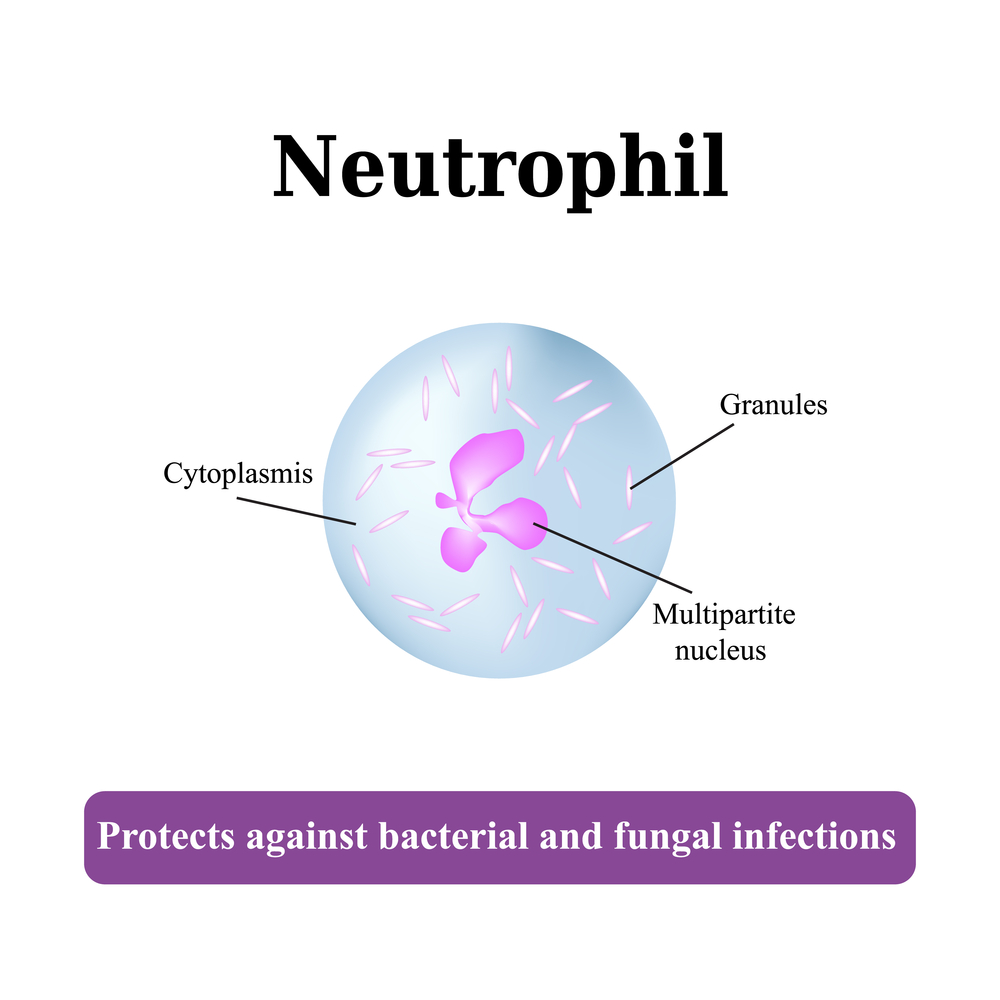In-Depth Exploration of Endocrine System Disorders: Causes, Symptoms, and Treatments
This comprehensive guide provides detailed insights into endocrine system disorders, including causes, symptoms, and treatments of conditions affecting the pineal gland, pituitary, thyroid, adrenal glands, and thymus. Understanding these disorders helps in early diagnosis and effective management, promoting overall health and well-being.

Comprehensive Overview of Endocrine System Disorders
The human endocrine system plays a vital role in maintaining overall health and homeostasis through the secretion of hormones that regulate a myriad of bodily functions. Comprised of a complex network of glands, the endocrine system influences growth, metabolism, reproduction, mood, and sleep. Disruptions or malfunctions within this system can lead to a wide array of health issues known collectively as endocrine disorders. Understanding these disorders is essential for early diagnosis, management, and treatment, helping individuals to maintain a healthy and balanced life.
The endocrine glands housed within the human body are specialized organs that secrete hormones directly into the bloodstream. These hormones act as messengers, orchestrating cellular activities and physiological processes across various tissues. The key glands involved include the pineal gland, pituitary gland, thyroid gland, adrenal glands, and thymus, each playing distinct roles. When these glands malfunction or develop abnormalities, they can cause hormonal imbalances that manifest as various clinical conditions.
The Pineal Gland and Its Disorders
The pineal gland is a tiny, pea-shaped structure located deep within the brain. Despite its small size, it has a significant role in regulating sleep-wake cycles through the secretion of melatonin. Melatonin production is influenced by light exposure, helping to synchronize circadian rhythms with external day-night patterns. However, problems with the pineal gland can disrupt sleep patterns and are associated with several psychological and physiological issues.
Disorders of the pineal gland often involve a deficiency or imbalance in melatonin levels. This deficiency can lead to a range of health problems such as depression, especially seasonal affective disorder, sleep disturbances, stress, and even issues related to sexual health and libido. Certain neurological conditions and tumors affecting the pineal gland can further complicate its functions. Psychotic depression is notably common among individuals with pineal gland dysfunctions, emphasizing the need for thorough assessment when sleep or mood disorders are present.
The Pituitary Gland: The Master Regulator
The pituitary gland, often referred to as the body’s 'master gland,' is a tiny organ situated at the base of the brain just below the hypothalamus. It plays a pivotal role in hormone regulation by releasing various hormones that stimulate other endocrine glands, including the thyroid, adrenal glands, and reproductive organs. Its influence extends to growth, blood pressure, reproductive functions, and metabolism.
Due to its central importance, any abnormalities such as tumors, often benign adenomas, can lead to excessive hormone production or hormonal deficiencies. Overproduction can result in conditions like acromegaly, Cushing’s disease, or hyperprolactinemia, whereas underproduction may cause growth hormone deficiency or hypothyroidism. Symptoms can range from unexplained weight gain or loss, fatigue, menstrual irregularities, to visual disturbances caused by pressure effects from pituitary tumors.
The Thyroid Gland and Its Disorders
The thyroid gland is positioned in the neck, wrapping around the trachea. This butterfly-shaped gland produces hormones such as thyroxine (T4) and triiodothyronine (T3), which are essential for regulating the body’s metabolic rate, protein synthesis, and overall energy expenditure. Proper function of the thyroid is crucial for maintaining overall health.
Thyroid disorders are among the most common endocrine problems worldwide. Hyperthyroidism occurs when the gland overproduces hormones, leading to symptoms like rapid heartbeat, weight loss, anxiety, and heat intolerance. Conversely, hypothyroidism results from insufficient hormone levels, characterized by fatigue, depression, weight gain, and cold intolerance. Additionally, benign thyroid nodules can form, which may sometimes enlarge, causing a visible swelling in the neck. In some cases, nodules can be cystic or solid, and their evaluation is important to rule out malignancy.
The Adrenal Glands and Their Endocrine Disorders
The adrenal glands are small, triangular organs situated atop each kidney. They produce vital hormones such as adrenaline (epinephrine), aldosterone, and cortisol. These hormones are crucial in managing stress responses, blood pressure regulation, and electrolyte balance.
Disorders affecting the adrenal glands include conditions like Cushing’s syndrome, caused by excessive cortisol production, which leads to weight gain, thinning skin, hypertension, and increased blood sugar levels. Another significant disorder is Addison’s disease, characterized by inadequate hormone secretion, resulting in fatigue, muscle weakness, low blood pressure, and hypoglycemia. Adrenal tumors, whether benign or malignant, can also disrupt normal hormone production and require medical intervention.
The Thymus and Its Role in Immunity
The thymus is a specialized lymphoid organ located behind the sternum. It plays a critical role in immune development by maturing T lymphocytes (T cells), which are essential for adaptive immunity. The thymus is most active during childhood and gradually shrinks with age, a process known as thymic involution.
Disorders of the thymus include immune deficiencies such as Severe Combined Immunodeficiency (SCID) and DiGeorge syndrome, both impacting T cell development. Other conditions like thymic carcinomas and thymomas are tumors that can impair immune function and cause symptoms like breathing difficulty, chest pain, and recurrent infections. Proper diagnosis and management of thymic disorders are vital for maintaining immune health.
In summary, understanding the complexities of endocrine system disorders is fundamental for recognizing symptoms early and seeking appropriate treatment. Advances in medical science continue to improve diagnostic techniques and therapeutic options, offering hope for those affected by these conditions. Maintaining a balanced endocrine system is key to overall health and well-being, emphasizing the importance of regular health checkups and prompt medical attention for suspected hormonal imbalances.





